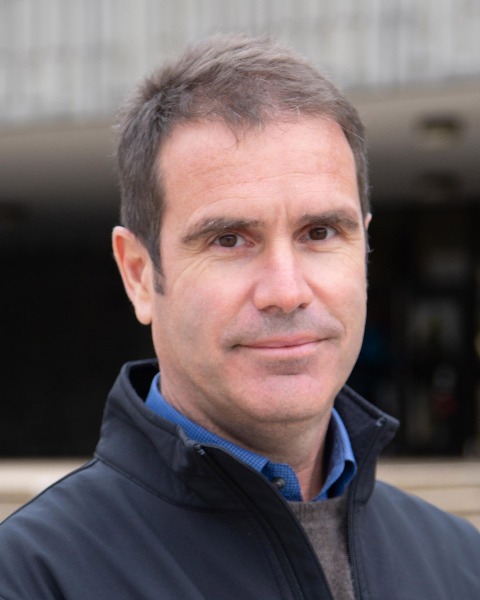Th199 - The FAM72 Gene Family Promotes Cancer Development by Disabling the Base Excision Repair System
Thursday, June 22, 2023
7:30 AM - 7:30 PM
Yuqing Feng; Rossanna Pezo

Alberto Martin, Ph.D.
Professor
University of Toronto
Toronto, Ontario, Canada- YF
- RP
- YF
- RP
Abstract Text: Genetic lesions are central contributors to cancer development and progression, and understanding the sources of these lesions will provide a better understanding of the mechanisms of carcinogenesis. Our previous work showed that the uncharacterized murine Fam72a gene promotes mutagenic DNA repair during antibody maturation by causing the degradation of Uracil DNA glycosylase 2 (UNG2), a component of the base excision repair (BER) system. Humans encode four almost identical paralogues of FAM72 called FAM72A-D, which are absent in all other mammalian genomes. The role of these four paralogues in human biology is unknown. A previous report showed that FAM72A is over-expressed in many cancers. Since FAM72A promotes mutagenesis by degradation of UNG2 in B cells, we hypothesized that overexpression of the FAM72 gene family might promote cancer. Here we show that FAM72A-D is overexpressed in many human cancers and inversely correlates with UNG2 protein levels in tumorigenic tissue. However, FAM72A but not FAM72B-D causes degradation of UNG2. Consistent with this effect, FAM72 expression correlates with a higher mutation load in many tumor types, and with poorer survival in several cancers. To directly test if Fam72a is sufficient to promote cancer, we generated transgenic mice that overexpress Fam72a in multiple tissues. We observed that Fam72a overexpression promotes increased colonic polyps in the Apcmin background compared to controls. These data show that the novel FAM72 gene family are drivers of cancer development in both mice and humans and advances our understanding of the underlying molecular mechanisms that precipitate cancer development and progression.

